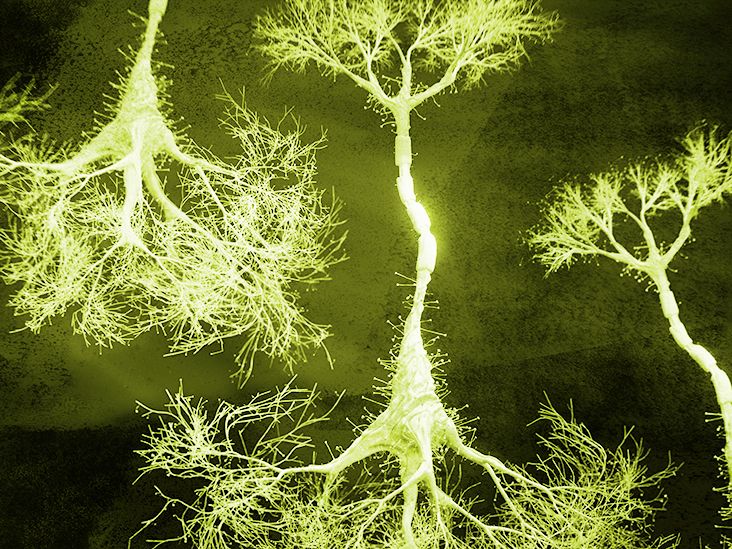David Baxter PhD
Late Founder
What happens when you remove the hippocampus?
Sam Kean, TEDTalks
Aug 26, 2014
When Henry Molaison (now widely known as H.M.) cracked his skull in an accident, he began blacking out and having seizures. In an attempt to cure him, daredevil surgeon Dr. William Skoville removed H.M.'s hippocampus. Luckily, the seizures did go away — but so did his long-term memory! Sam Kean walks us through this astonishing medical case, detailing everything H.M. taught us about the brain and memory.
Sam Kean, TEDTalks
Aug 26, 2014
When Henry Molaison (now widely known as H.M.) cracked his skull in an accident, he began blacking out and having seizures. In an attempt to cure him, daredevil surgeon Dr. William Skoville removed H.M.'s hippocampus. Luckily, the seizures did go away — but so did his long-term memory! Sam Kean walks us through this astonishing medical case, detailing everything H.M. taught us about the brain and memory.



